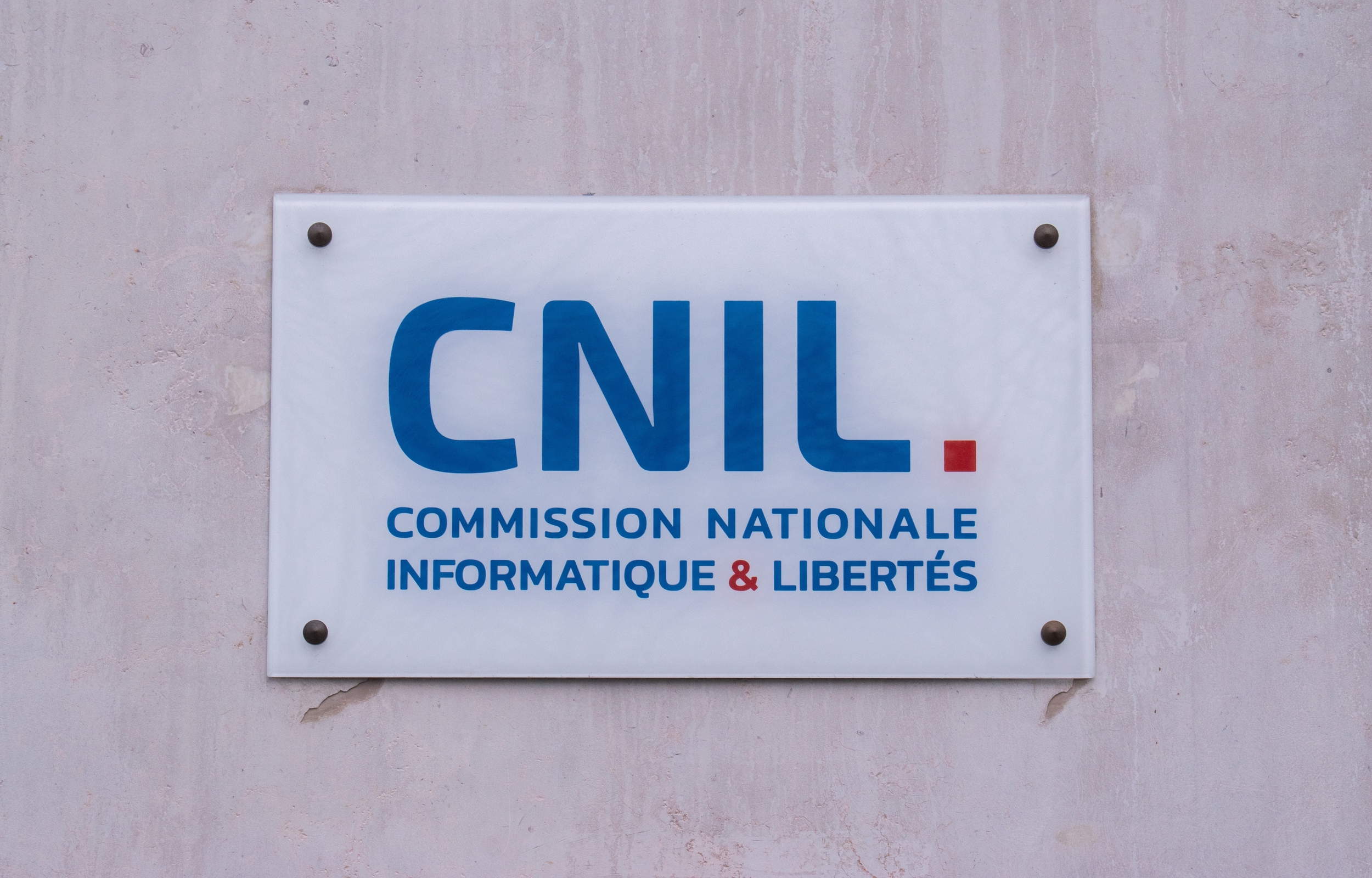The CNIL (National Commission for Information Technology and Liberties) has just called the government to order for communication carried out during the pension reform.
The personal data regulator tends to sanction public or private organizations which exceed their rights. But the CNIL can call to order much more important players in our daily lives, such as the government. And this is what the Commission has just done, after having been contacted some 1,600 times, following an email sent on January 26 by the Ministry of the Civil Service and that of the Economy, Finance and industrial sovereignty.
The government improperly used an administrative file
The email titled “Pension reform: Message from Stanislas Guerini to civil service agents” sent on January 26 to more than 2.3 million public officials was a mistake. This is what the CNIL ruled, considering that the file then used by the government for this email, namely ENSAP, had been used unduly.
This allows “ only for the administration to send emails to public officials informing them that a document is available on the platform “. However, the email in question carried a link to a video, in which Minister Stanilas Guérini pleaded for the reform then being carried out.
Prohibited political communication
The content of the message is the other reason why the CNIL sounded the alarm. Because the decree “ governing this file had not been respected, to the extent that the contact details linked to ENSAP cannot be used for communication of a political nature. » However, by defending a bill which had not yet been voted on, Minister Stanislas Guérini was indeed guilty of political communication.
The two ministries are consequently called to order by the CNIL for “ non-compliance with the obligation to process data in a manner compatible with the purposes for which they were collected (article 5-1 b) of the General Data Protection Regulation). »
Source : CNIL, ewatchers

6